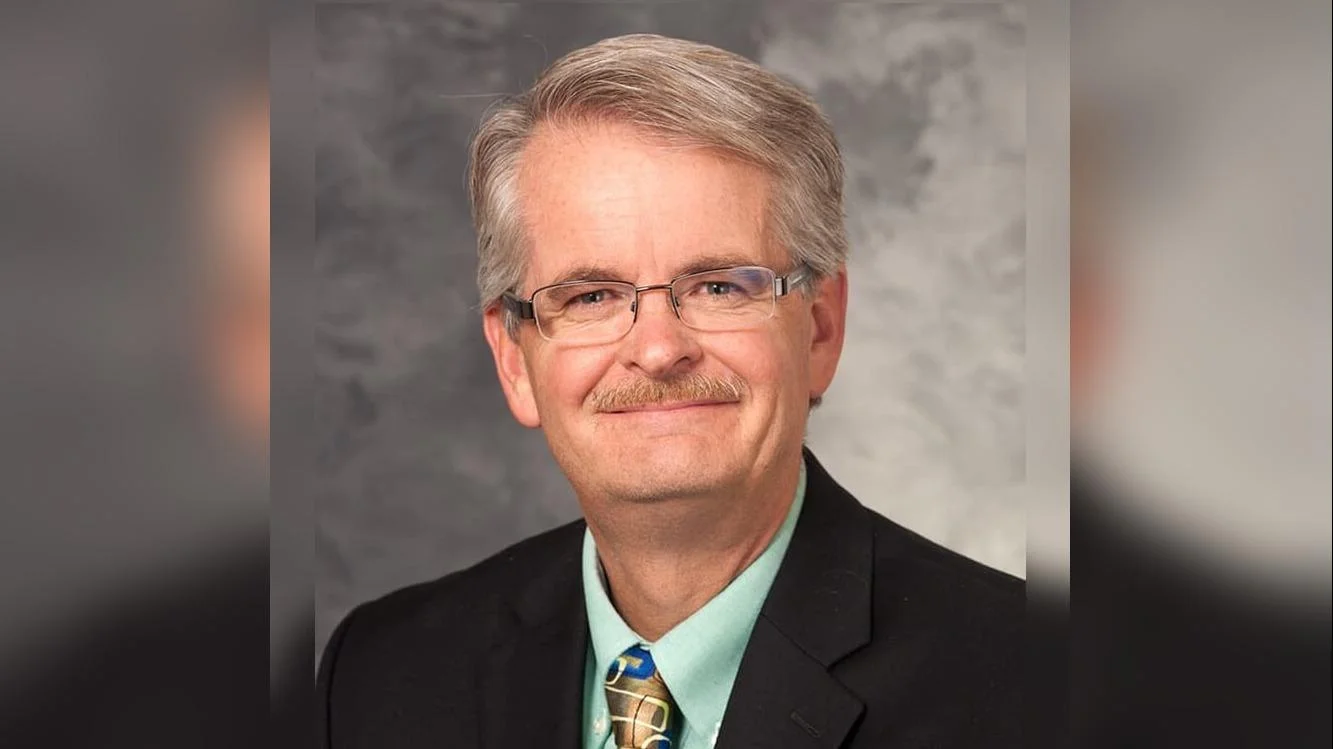Robert Flannery Senior Vice President, Chief Financial Officer | U. of Wisconsin Hospital and Clinics
Robert Flannery Senior Vice President, Chief Financial Officer | U. of Wisconsin Hospital and Clinics
Taryn Apodaca, a mother of five from Shullsburg, Wisconsin, faced a potentially life-threatening pregnancy condition last year. Her journey, characterized by a serious diagnosis and successful treatment, offers insight into the care she received and the dedication of medical professionals at the UnityPoint Health – Meriter Hospital Center for Perinatal Care.
Last April, Apodaca, who was 24 weeks pregnant with her son River, received worrying news during an ultrasound in Mineral Point. Suspecting a severe placenta issue, her care team referred her to the UW Health OB-GYN experts in Madison. By May, with no improvement, she met with Dr. Erin Bailey, a specialist in maternal-fetal medicine, who diagnosed her with placenta accreta. This condition involves the placenta attaching abnormally to the uterine wall, leading to significant risks if untreated.
“If the mother goes into labor, there could be major risks, with a serious amount of blood loss,” stated Dr. Bailey. She recommended a C-section between 34 and 36 weeks to mitigate these risks. The surgery was scheduled for July 8, at 36 weeks.
Despite being able to manage the condition at home, Apodaca faced weeks of stress and uncertainty before the procedure. “Dr. Bailey put me at ease, but it was still a stressful few weeks before the C-section,” she admitted.
During the procedure, which Dr. Bailey performed, a hysterectomy became necessary to ensure Apodaca’s safety. “In Taryn’s case, we realized we would need to put her under and remove her uterus,” said Dr. Bailey. Despite understanding this possibility, Apodaca found the reality emotional, acknowledging, “I was a little sad knowing I can’t have any more kids, but it was necessary.”
River was born weighing five pounds and required minimal time in the Neonatal Intensive Care Unit. The family returned home just a few days later. Reflecting on her experience, Apodaca emphasized, “It was hard not meeting River until after the surgery, but this experience has taught me being a mom is something I will never take for granted.”
Placenta accreta, although still rare, is being diagnosed more frequently, noted Dr. Bailey, due to increased occurrences of C-sections and improved detection on ultrasounds. The UW Health Placenta Accreta Program, established in 2021 at Meriter, continues to expand, assisting patients across the region with specialized care.
“Most of the patients I see spent their pregnancy worried and anxious and for good reasons,” Dr. Bailey acknowledged. However, she added, “to reassure them and work with the team to make sure healthy families go home, there is nothing more rewarding.”
Now, ten months later, the Apodaca family, including a thriving River, is grateful for the outcome. “River lights up every time he sees his siblings,” Apodaca shared, adding, “He has completed our family.” Despite a 90-minute distance to Meriter, Apodaca believes Madison’s care was pivotal: “I knew going to Madison, I was going to be in the right place to save my life.”






 Alerts Sign-up
Alerts Sign-up